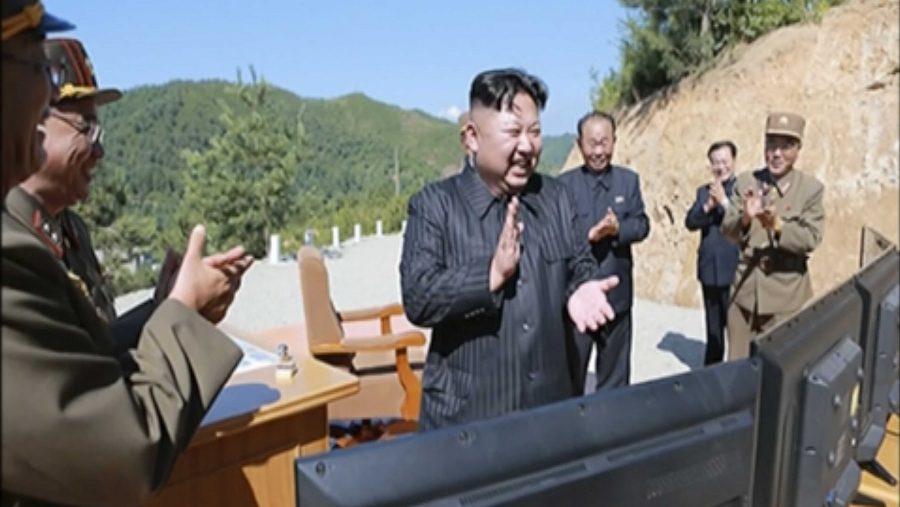Recently, our view of the North Korean people has been similar to that of the Soviet Union during the Cold War, an image shaded by propaganda and fear. Whether we are hearing about the country’s attempts to launch an ICBM or China’s refusal to be a part of countries trying to stop this from happening, tensions across the world regarding this country are high. However, few people stop to look at the people as a separate entity from the government.
Speaking at the 2014 One Young World summit, a young North Korean woman, Yeonmi Park, spoke up about the horrors North Koreans face every day. In the speech, Park described such things as her friend’s mother being executed for watching a movie to her believing the great leader could read her mind.
Park’s speech showcased just how controlled and brainwashed the North Korean people are. In North Korea, any form of televised entertainment is just propaganda about the Kim dictators.
Investigative journalist Suki Kim explored this concept in her 2014 book Without You, There Is No Us: My Time with the Sons of North Korean Elite.
Since 2002, Suki Kim has traveled to North Korea numerous times and witnessed Kim Jong-il’s 60th birthday, among other events such as the country’s year of 100 and the death of Kim Jong-il in 2011.
Suki Kim discovered that in 2011, to “celebrate” the year 100, North Korea shut down all the universities and sent almost all the men to construction jobs. The few elite men who weren’t sent to these jobs were sent away to Pyongyang University.
“The elites didn’t have it much better, the level of control and fear was the same,” Suki Kim said. “Even this was another form of propaganda.”
She said she thought it was very odd that all universities shut down other than Pyongyang University. It’s almost as if officials sent the elite men into safekeeping and everyone else into the labor force, she said. It was as if the government was getting ready for some big shift to happen.
Suki Kim realized they were bracing for when Kim Jong-il died later that year. The official report was that he died on his train; she said the government reported he was almost always on the train, going around the country and working for the people. However, Suki Kim realized it seemed as though officials had been preparing for his death for months and as if it had already happened in the past.
The country’s sadness and grief was very real when Kim Jong-il passed, she said. He was treated as more than leader, she said, it was almost as if he were a god.
Park emphasized in her speech that it’s up to us to recognize the suffering of the North Korean people, we can’t let the propaganda control how we view the country. We cannot allow our distaste for the North Korean government to turn the North Korean people into a red herring for our hate.



